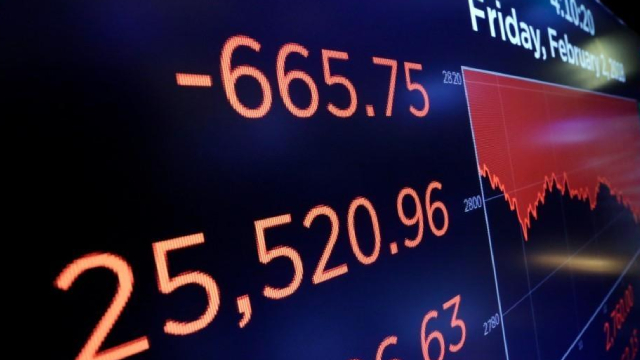
Fidelity Crypto Industry & Digital Payments ETF (FDIG)

FDIG: The Underwhelming Underachiever
FDIG offers low expenses and diversified crypto equity exposure, but lacks the asymmetric upside seen in top-performing peers like BLOK or pure Bitcoin. The ETF's holdings are highly correlated with Bitcoin, benefiting from bull markets but also exposed to sharp drawdowns if sentiment reverses. FDIG's construction prioritizes lower volatility, which limits participation in strong rallies and results in inferior risk-adjusted returns versus competitors.

Why FDIG Will Continue To Lag Behind Crypto And Single Stock Picks
Fidelity Crypto Industry and Digital Payments ETF remains inefficient, underperforming both its main holdings and direct investments in BTC, due to structural index constraints. The FDIG fund's design caps upside by limiting exposure to outperforming stocks like Coinbase, forcing rebalancing into weaker holdings. I don't see a role for FDIG for people wanting broad crypto exposure - this is not a space where such strategy can generate good returns. Especially not with FDIG.

FDIG: Cheap, But Too Much Coinbase
The Fidelity Crypto Industry and Digital Payments ETF is heavily correlated with Bitcoin and primarily invests in crypto-related stocks, including Coinbase and Bitcoin miners. Despite a bullish outlook on Bitcoin, I have concerns about FDIG's heavy exposure to Coinbase, which I currently don't favor. FDIG's price relative to Bitcoin is down 33% since July, making it cheap relative to Bitcoin, but key support levels must hold.

FDIG: The Best Choice Among Flawed Crypto ETFs
The Fidelity Crypto Industry and Digital Payments ETF offers focused exposure to cryptocurrency-related companies, but I believe there are better alternatives for investors interested in the crypto and blockchain space. While FDIG is one of the better-performing ETFs in its category, it suffers from a high expense ratio (0.39%) and a steep bid/ask spread (0.88%), making it an inefficient choice. For investors looking to outperform Bitcoin, I recommend MicroStrategy, which has historically outperformed during bull markets. For broader blockchain exposure, buy FDIG's top 10 holdings directly.







